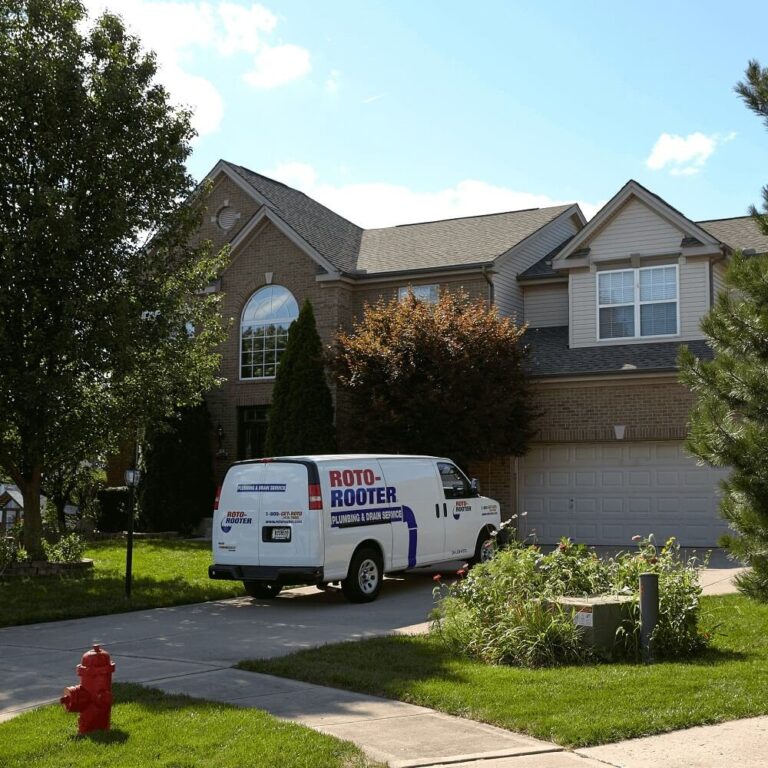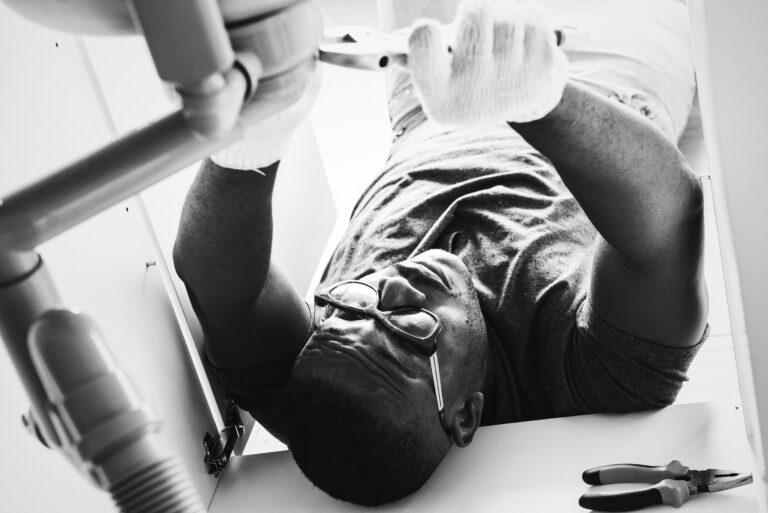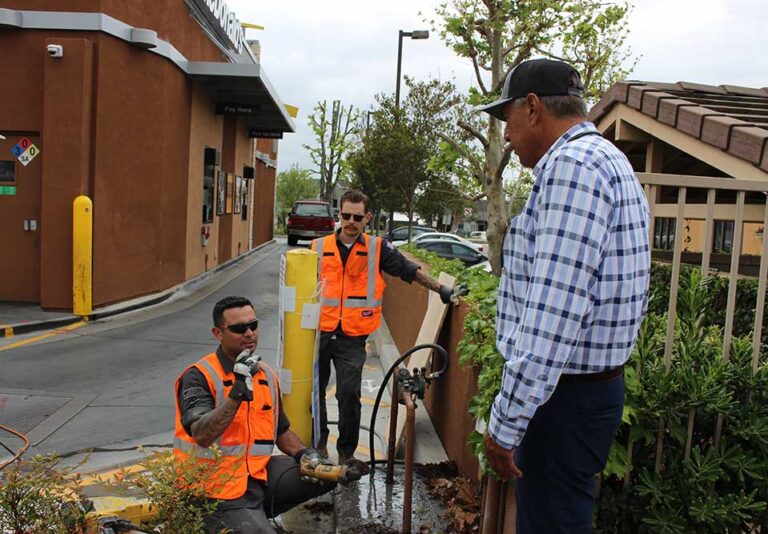How To Be A Plumbing Engineer?
Plumbing engineering is an important field of engineering that deals with the design, installation, and maintenance of piping systems. Plumbing engineers are responsible for the design and installation of water, gas, and sanitation systems for residential, commercial, and industrial buildings. They must ensure that their designs meet building codes and regulations, while also providing a safe and efficient system for the residents and/or customers. Plumbing engineers must possess a combination of technical and interpersonal skills in order to be successful in their profession. This article will provide a brief overview of what it takes to become a plumbing engineer.
Understanding the Basics of Plumbing Engineering
Plumbing engineering is the application of science and technology to the design, installation, and maintenance of systems that provide clean water, wastewater disposal, and other essential services in residential, industrial, and commercial buildings. It requires an understanding of physics, chemistry, and hydraulics, as well as a comprehensive knowledge of local codes and regulations. Plumbing engineering also includes the selection and installation of fixtures, piping, valves, and other related components. A professional plumbing engineer must be able to diagnose and troubleshoot problems, as well as provide effective solutions that meet both safety and efficiency requirements. With the right knowledge and experience, anyone can become a successful plumbing engineer and make a meaningful contribution to the built environment.
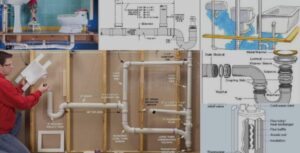
Knowing the Necessary Skills and Qualifications for Plumbing Engineering
Plumbing engineering involves complex skills and qualifications in order to safely and efficiently install, maintain, and repair plumbing systems. It requires knowledge of mathematics, engineering science, building codes, and plumbing materials. Plumbers must have a thorough understanding of the principles of hydraulics, thermodynamics, and fluid mechanics, as well as a comprehensive knowledge of plumbing tools and fixtures. They must also possess excellent problem-solving skills and be able to make decisions quickly. Additionally, they must have the physical ability to maneuver and install heavy fixtures, such as bathtubs and sinks. Plumbers must also be certified or licensed in order to perform work on public and commercial projects. Plumbing engineering is a rewarding and challenging career that requires a wide range of skills and qualifications.
Obtaining the Appropriate Education and Training
No matter what career you are pursuing, obtaining the appropriate education and training is key. Whether you are looking to start a new business, find a job in a new field, or advance in your current role, having the proper education and training will give you the tools and resources you need to succeed. With the right education and training, you can develop the skills you need to stay competitive in the job market, as well as the confidence to tackle any challenge. Additionally, having the education and training necessary for your specific career trajectory can help you stay ahead of the curve and give you a leg up in the workplace. Investing in yourself through education and training can pay off in the long run, so make sure you are taking the necessary steps to get the education and training you need to reach your goals.
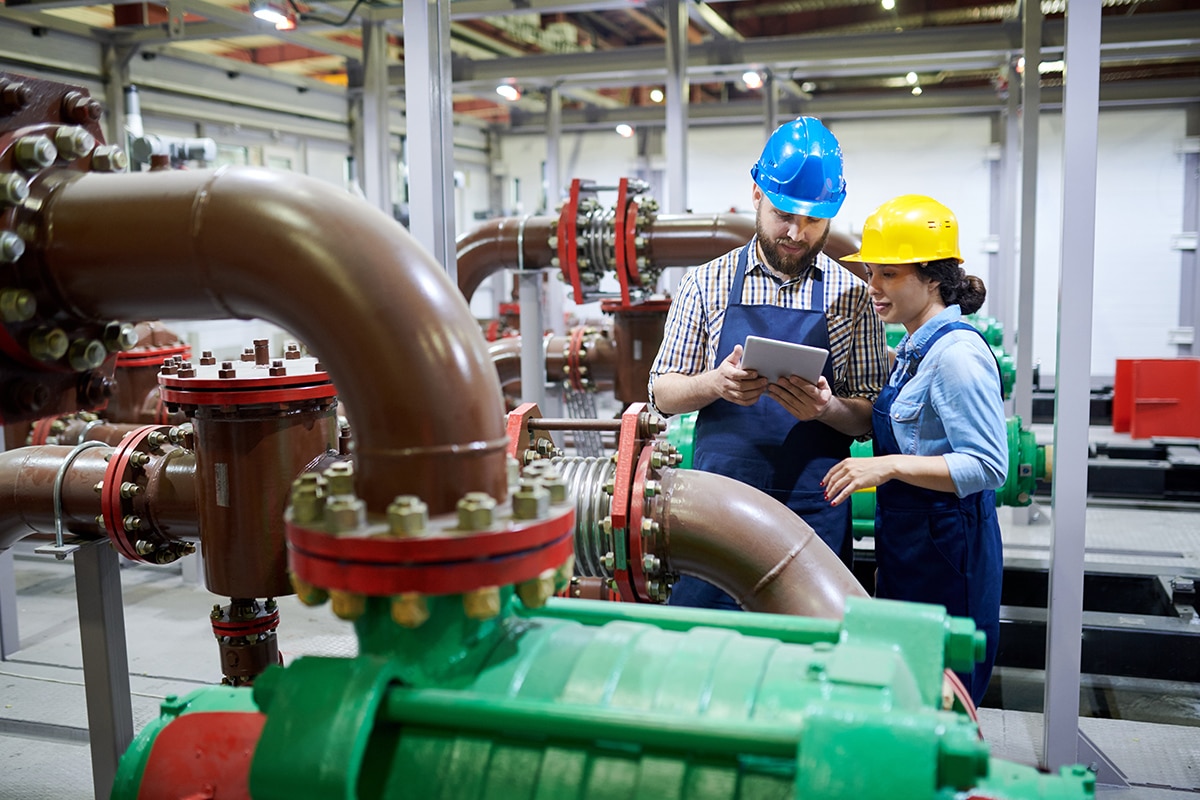
Becoming Certified as a Plumbing Engineer
Becoming certified as a plumbing engineer is an important step for anyone looking to carve out a successful career in the plumbing industry. It is an effective way of demonstrating to employers that you possess an in-depth understanding of the principles of plumbing engineering, as well as a strong commitment to safety and quality. With the right certification, you can also gain access to exclusive job opportunities, as well as increased earning potential. Whether you’re a DIY enthusiast, a student studying engineering, or a seasoned professional looking to take on higher-level responsibilities, becoming certified as a plumbing engineer is the key to unlocking career growth and success.
Staying Up-to-Date on Plumbing Engineering Trends
The plumbing industry is always changing with new trends and technology. That’s why it’s important for plumbing engineers to stay up-to-date on the latest developments in the field. By reading blogs and attending conferences, you can stay ahead of the game and stay competitive in the industry. By reading plumbing engineering blogs, you can get the latest news and opinions on industry trends and developments, as well as learn about new products and services. Attending conferences and seminars can also be a great way to network with other industry professionals and learn about new innovations. Keeping up with plumbing engineering trends can help you stay ahead of the competition and ensure that you are providing the best service possible.
Finding Plumbing Engineering Opportunities
As a plumbing engineer, you have the unique opportunity to work with a variety of different materials and tools to solve complex plumbing problems. From residential plumbing to industrial and commercial construction projects, you can find a wide range of plumbing engineering opportunities that offer a great career path. With the right education and experience, you can develop the skills needed to become a successful plumbing engineer. You can learn about the newest technologies, develop a better understanding of building codes, and network with industry professionals. No matter what project you work on, you can be sure to find a plumbing engineering opportunity that fits your interests and skillset.
FAQs About the How To Be A Plumbing Engineer?
Q1. What qualifications do I need to become a plumbing engineer?
A1. You typically need to have at least a high school diploma or equivalent and some post-secondary education in a related field, such as engineering technology, plumbing technology, or a related field. Additionally, most employers require specialized certifications, such as a license or plumbing certification.
Q2. What type of duties are typically associated with a plumbing engineer?
A2. As a plumbing engineer, you will be responsible for designing and installing plumbing systems, such as water supply and drainage systems. You may also be responsible for troubleshooting and repairing existing systems, as well as conducting inspections and tests on plumbing systems.
Q3. What skills do I need to be successful as a plumbing engineer?
A3. To be successful as a plumbing engineer, you need to have excellent problem-solving skills, as well as an understanding of the principles of physics and engineering. Additionally, you should have strong communication and organizational skills, as well as the ability to work independently and collaboratively with other professionals.
Conclusion
In conclusion, becoming a plumbing engineer requires dedication, hard work, and the right skills. It is an extremely rewarding career that can lead to a lifetime of success and satisfaction. With the right education, experience, and motivation, anyone can become a successful plumbing engineer. With the right guidance and support, this career can open up many opportunities and provide you with the opportunity to make a difference in your community.


